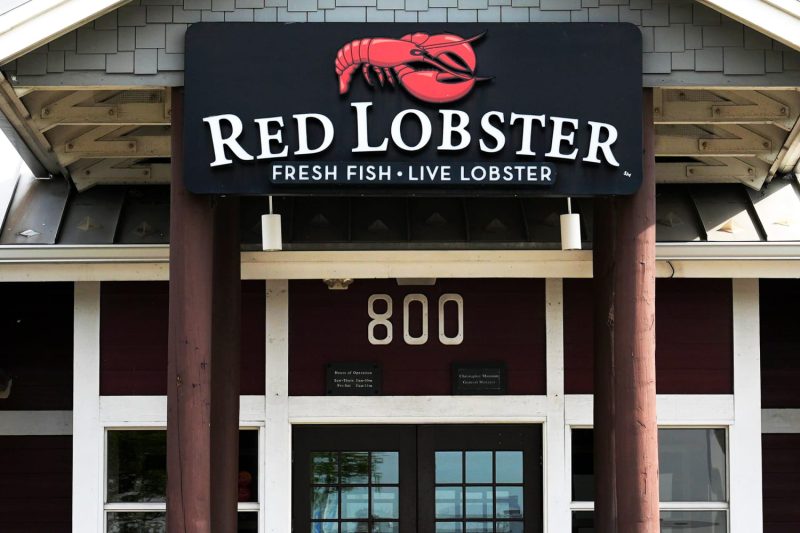The Acquisition of Red Lobster: A Tale of Private Equity and Seafood
Red Lobster, the renowned seafood chain, found itself at a crossroads as it faced the repercussions of being acquired by private equity firm Golden Gate Capital. This pivotal moment marked a significant shift in the restaurant industry landscape, with implications reaching far beyond the confines of the endless shrimp that once defined Red Lobster.
The acquisition, which took place in 2014 for a sum of $2.1 billion, marked a turning point for the seafood chain. While Red Lobster had long been a staple in the casual dining scene, beloved for its seafood offerings and family-friendly atmosphere, the move to private equity ownership would bring about a series of changes that would reshape the company’s trajectory.
One of the key aspects of the acquisition was the decision to spin off Red Lobster’s real estate assets into a separate entity known as RLJ. This move was aimed at unlocking the value of the chain’s properties and capitalizing on the booming real estate market. However, this decision would prove to have unintended consequences down the line, as it left Red Lobster vulnerable to the whims of the market and its new owners.
Golden Gate Capital’s ownership of Red Lobster also saw a shift in the chain’s strategic focus. With new leadership at the helm, the company embarked on a series of initiatives aimed at revitalizing the brand and boosting sales. These efforts included revamping the menu, introducing new promotions, and investing in technology to enhance the guest experience.
Despite these efforts, Red Lobster continued to face challenges in an increasingly competitive restaurant landscape. The rise of fast-casual dining chains and changing consumer preferences presented obstacles for the seafood giant, forcing it to adapt and evolve in order to stay relevant.
The story of Red Lobster’s acquisition by private equity serves as a cautionary tale for other restaurant chains in the industry. While private equity ownership can provide the capital and resources needed to fuel growth and innovation, it also comes with its own set of risks and challenges. The delicate balance between driving profitability and preserving the brand’s unique identity is a constant struggle for companies navigating the landscape of private equity ownership.
As Red Lobster continues to navigate the waters of the restaurant industry, it serves as a reminder of the complexities and nuances of the business world. The story of how private equity rolled the seafood chain offers valuable lessons for companies looking to chart their own course in an ever-changing market, where the decisions made today can have lasting impacts on the future.



























